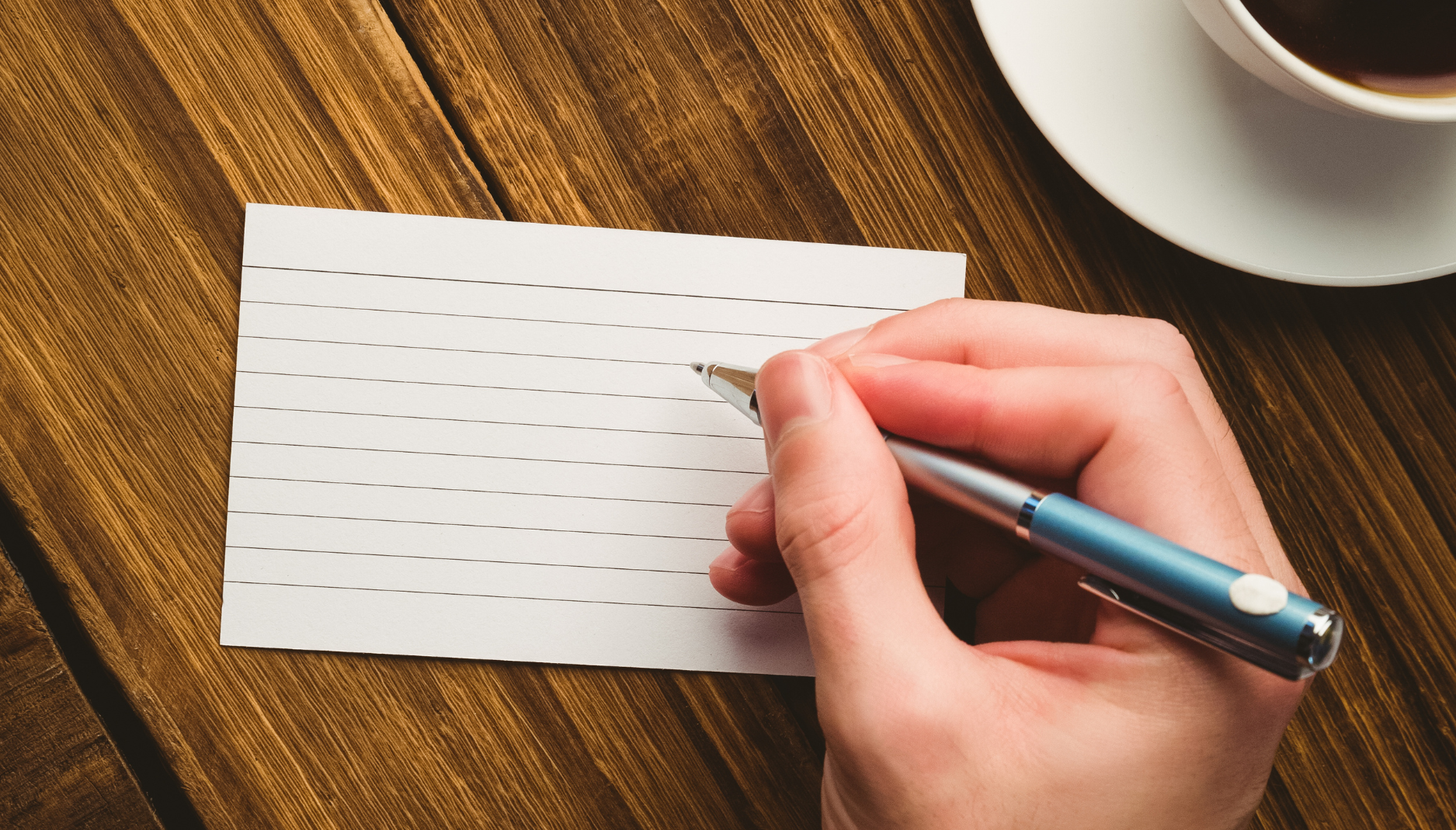If you are in medical school, you know what it means to feel like you are “drinking from a firehose,” a phrase famous among medical trainees for symbolizing the rush of new information that comes with taking the Hippocratic Oath. The deluge of material means you must memorize a great deal of information to do well on the United States Medical Licensing Exams (USMLEs), arguably the most important tests you will take in your career. Given the importance of the USMLEs, you’ll want to do everything you can to make sure you succeed on test day.
If you have been following my previous posts on studying for the USMLEs, then you have an idea of how to pick the best USMLE study planner, what to do if your study plan falls apart, and where to study. And now, I will discuss how to create and utilize flashcards, a staple of information retention across numerous fields of study.
Creating Your Own USMLE Flashcards
While there are resources online that provide decks for various flashcard apps, the problem with using pre-made decks is you must trust that the information presented is accurate and comprehensive. Therefore, creating your own flashcards to either supplement a premade deck or make your own deck is a good idea. This way, you know the information is correct and that all of it is there.
Tip #1: Be specific.
There are many ways to create flashcards, some better than others. I recommend making each flashcard have a distinct piece of information rather than the entire history, labs, physical exam, diagnosis, and treatment of a disease.
Tip #2: Write questions on the front of the card.
It is also beneficial to make the “front” of the card a question. For example:
Front of card
Back of card
Tip #3: Make the front of the card a “fill in the blank.”
Another effective strategy is to make flashcards with blanks that you fill in. For example:
Front of card
Back of card
These cards are easy to read and answer quickly. The alternative is having a busy flashcard that is more like reading a one-page paper that takes too long and interrupts your rhythm. Studies have shown that physically writing something down aids in retention, so making your own flashcards has that added benefit!
Flashcards should be a source of active learning/reviewing, rather than passive. You do not want to find yourself mindlessly flipping through cards without truly understanding what is on them. Focus on absorbing what you are reading to maximize efficiency and make the best use of your time.
If you’re just starting your USMLE exam prep, read this FREE Hero’s Guide to Defeating the USMLE, a 38-page master class from the experts that will save you time and ensure your success when you reach the final boss and face your exam. If you’re further along in your prep, it’s even easier to jump to helpful tips in the guide for your specific stage in the journey!
Using Your Own USMLE Flashcards
Tip #1: Do them in your spare time.
Now let’s discuss the best ways to integrate flashcards into your everyday study schedule. You have many tasks to do throughout your day, and flashcards are a great way to fill gaps as well as take a break from sitting at your desk. You can do flashcards while you eat, on the bus, in your downtime at school/work, and at the end of the day as a cooldown.
Tip #2: Use them to review concepts, not learn them.
Do not put too much pressure on yourself to do a certain number of cards at any given time as they should not be your main form of learning—they should be an opportunity to review material!
Tip #3: Practice spaced repetition.
Finally, reviewing flashcards using spaced repetition is vital for retaining information during your USMLE prep. You must be honest with yourself about whether you truly know the information on the card. If you struggle with a card, make sure you see it again in a few days to reinforce what you learned on the card. If a specific card is an absolute breeze for you, you can go a longer amount of time before you look at it again.
In Summary…
In conclusion, flashcards are an effective and easy way to help maintain information retention. Make your flashcards concise and easy to read with only one piece of information per card. Use flashcards in your spare time to combine with your other studying/learning methods. Use spaced repetition to focus on those cards you struggle with. Good luck making and using flashcards and good luck on your tests!










